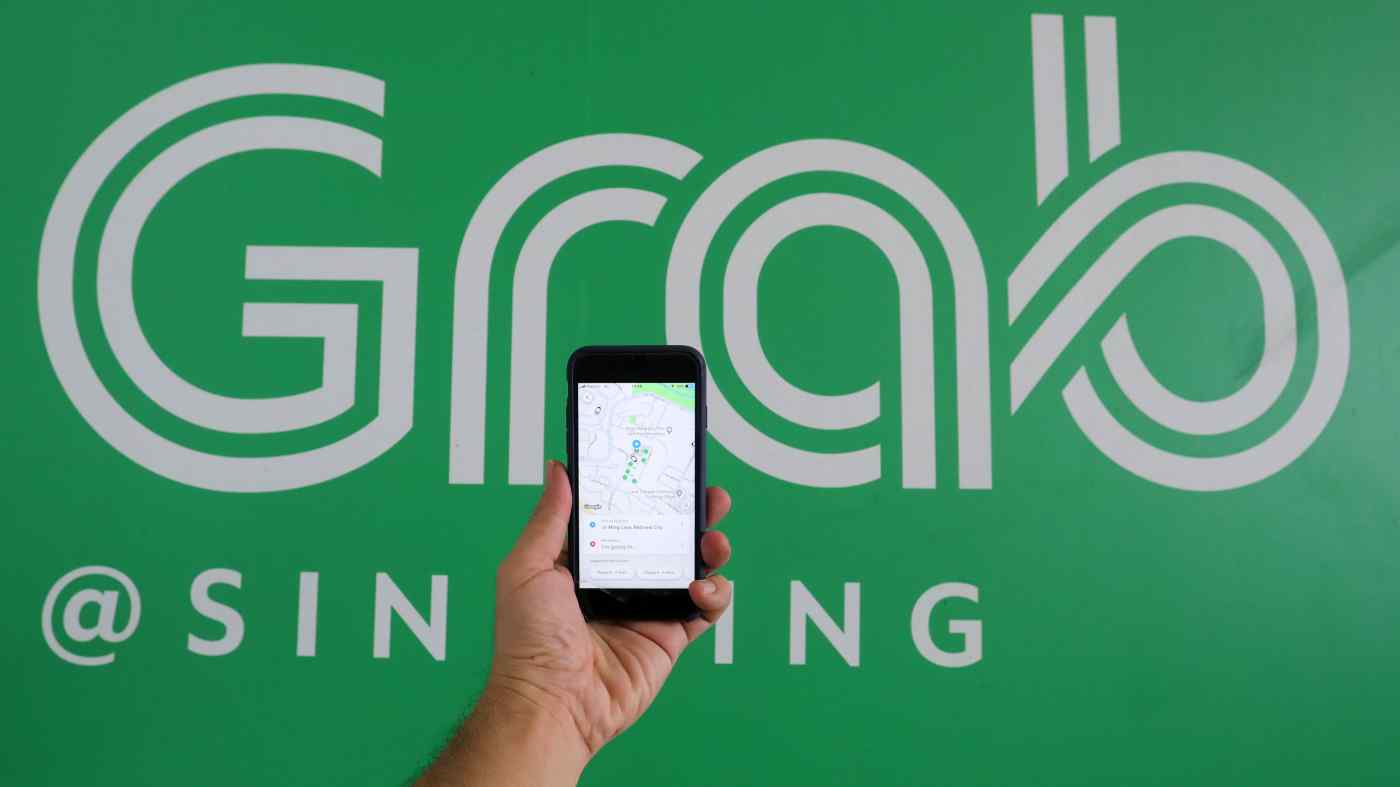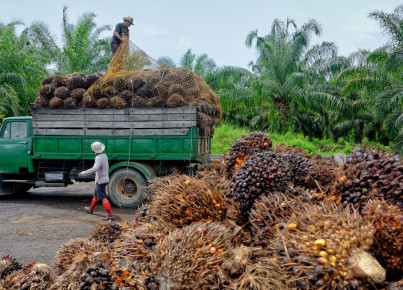Rising fuel prices are the first real shock that Asian unicorns are facing since they expanded in the region. A vicious circle that challenges the resilience of the gig-economy made in ASEAN
Inflation is unforgiving. Even in the ASEAN countries. Especially if your business model has always focused on investor hype and extremely competitive consumer prices. This is what is happening to the ride-hailing giant Grab, a former unicorn now located in Singapore, and nowadays listed at Nasdaq index. The cleaver on fuel prices is straining the company's revenue across the region. Since Grab's core business are food delivery and ride-hailing services, it is no surprise that the crisis is hardly hitting its drivers and couriers.
According to the CEO and co-founder of the company Anthony Tan "Grab's mobility offer will stabilize in the second half of the year". But how? The company has planned incentives for workers and betting on the market recovery. A message that takes time with risk-averse investors but does not reassure customers: "It has been so difficult to find a car lately, it takes up to half an hour of waiting ", complains a premium user at Rest of World. While in the West many employees are trying to make ends meet with some extra income from gig-economy jobs, in Asia - where this market is still immature, albeit growing - the profession becomes less attractive. Once a viable and very profitable alternative to other traditional uses, a job in the gig-economy for ASEAN citizens is now more a risk than a solid investment.
Inflation hits the ASEAN countries
Today a delivery man in the Philippines spends 67% more on fuel than in February, while revenue is threatened by the general price surge. In Malaysia, travel prices during peak hours are estimated to have risen by up to 400%. Even those who rely on delivery services today find everything more expensive. Not only have the prices for raw materials increased - to this must be added the cataclysms that are causing the price of Filipino coffee to rise, for instance - but also the commissions are starting to become too expensive for small businesses.
From the customers’ point of view, without the economic advantages of the first, even the taxi service loses its appeal. As a study on ride-hailing trends in Southeast Asia reveals, the use of vehicles with driver is often a valid alternative for commuters. A rather common trend in Manila, where ride-hailing apps allow you to avoid the chaos (and disruptions) of the metro. In Indonesia, the overcrowded and sparse public transport that pushes users to the apps to book a taxi. Finally, it is curious that research in the area has revealed how, in the absence of these services, many customers would simply return ... to move on foot. According to studies for sustainable mobility there is a limit, estimated between 2 and 5 km, which would not justify the use of the car as the main means of transport: a possible point against traffic in those Asian cities where it is increasingly urgent. impose limitations on climate-altering emissions. And, therefore, another challenge in the horizon of Uber model for individual mobility.
Not to mention that ASEAN governments have opposed Grab while entering their markets. Unequal competition against taxis and contracts with few (or no) guarantees for workers are just some of the factors that prevent a peaceful relationship between these companies and the regulatory authorities. The system has proved fragile at times of crisis, and it is not yet clear whether the strategies adopted will be able to plug the fiscal deficit.
The vicious circle of the gig economy
Less revenue, more costs. Fewer workers, more inefficiencies. Grab isn't the only company caught in the tech unicorn trap. Even the Indonesian Go-Jek has to deal with skyrocketing prices, while resisting thanks to the strong support of Jakarta and customers who see the company as a bulwark of progress made in Indonesia. FoodPanda is in turn a victim of the race to the bottom attempted to penetrate the Grab empire, so much so that today the expansion strategy in Asia has become more cautious while the company looks for new ports elsewhere (for example in Eastern Europe).
Grab's pattern of expansion into Southeast Asia has often been referred to as "aggressive". The startup managed to penetrate the markets of the region thanks to competitive prices, the flexibility of working conditions and some local regulatory gaps. In addition, there has never been a lack of investor support, which has enabled the company to go from unicorn to ride-hailing leader in less than ten years. Between 2013 and 2014, Grab entered the Philippines, Thailand, Vietnam, and Indonesia, beating multinational Uber within a few months. In 2021 the company went public for a value of over 40 billion dollars and the shares immediately increased by 21%. But all that glitters is not gold: the company says it does not expect to make profits by 2023 and the current consumer crisis could further distance this horizon.
Grab's ambitions, and its promises, remain high: it would like to extend to all countries where it operates even the most advanced services, such as insurance and digital payments (currently reserved only for some locations). And he hopes to overcome this inflationary winter with subsidies that keep workers and do not bring down the quality of service. Above all, tariffs must remain extremely competitive - as Asian consumer preference studies suggest. A series of challenges, those of 2022, which test a whole (new) way of doing business and whose survival could determine the rewriting of the rules of doing business.






